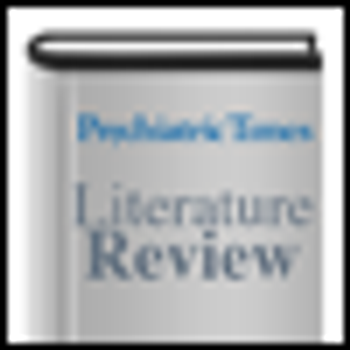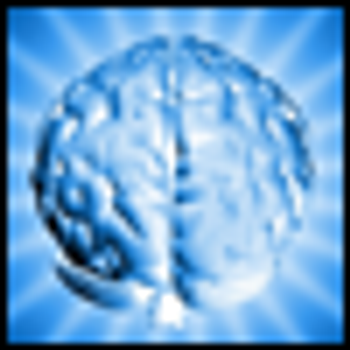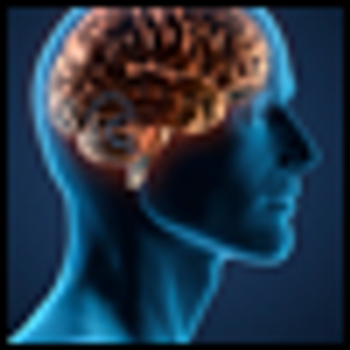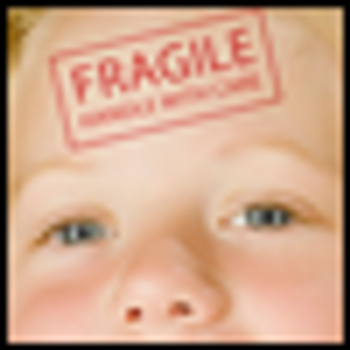
At the very heart of psychiatry, people seem totally unconcerned about making claims that, for example, philosophers have never been able to prove.

At the very heart of psychiatry, people seem totally unconcerned about making claims that, for example, philosophers have never been able to prove.

While the growing evidence base for the positive effects of lithium on brain health is compelling, the evidence remains preliminary.

This article summarizes efforts to develop neurocognitive enhancement drugs administered individually or as an adjunct to other antipsychotics and cognitive remediation.

The subtext of Iron Man III speaks directly to psychiatry. Spoiler alert: You might choose to wait to watch the movie – or read this article.

Clinicians can feel confident in the evidence base when referring patients with a moderate level of treatment resistance for rTMS. Preliminary results suggest that deep rTMS may be an effective option in patients who have failed to respond to more than one antidepressant treatment.

The Directors of the ABPN have established a Faculty Fellowship Program to support the development of innovative education and evaluation projects that promote effective learning by residents, fellows, and practicing psychiatrists and neurologists.

Genetics seems to be a subject of particular interest for everyone. This article explores how the current state of knowledge regarding genetics might be used to help psychiatrists diagnose psychiatric disorders or predict their onset.

The major challenges for epigenetic therapies are target specificity of the drugs-an issue that is also true for most of the currently used drugs in medicine, especially in psychiatry.

To understand the psychodynamics of the dissociative fugue, Dr Michael Sperber analyzes some of the characters in a collection of interrelated vignettes set in small town America.

Because of new imaging techniques and advances in our understanding of neurophysiology, neurological and psychiatric disorders are increasingly being recognized as disorders of circuit functions in the brain. Using techniques such as DBS, neurosurgeons are able to pinpoint malfunctioning circuits and to recalibrate them.

Certain aspects of depression result from maladaptive stress-induced changes in reward circuits of the brain.

A new clinical society has been founded to coordinate TMS practices and to connects physician and non-physician members from across the world.

Traumatic brain injury, criminal responsibility, traumatic stress, and autism spectrum/neurodevelopmental disorders slideshow

In addition to having an excellent safety profile, ECT is widely acknowledged to be the most effective acute antidepressant treatment.

What are the latest findings on acute and chronic effects of alcohol on the human brain?

Advances in basic molecular research of alcoholism await translation into important new clinical insights.

Chronic exposure to addictive drugs like cocaine produces a progressive pattern of synaptic plasticity in reward circuits that can continue to develop well into periods of drug abstinence.

It is clear that the prognosis for schizophrenia is much better when patients achieve drug abstinence, including in the domains of depression, quality of life, and community integration.

Mindfulness training is a viable treatment tool that rivals psychopharmaceutical agents for the treatment of addiction, anxiety, depression, and other psychiatric disorders.

A list of recent articles highlighting the complexity of psychiatric and systemic illness, both in terms of overlapping clinical presentation and in the degrees to which systemic illness and psychiatric illness affect each other.

People who weren't getting out of bed are getting up and doing productive things. They are re-engaging with their families, and they are focusing on things they want to accomplish before they die.

The evolution of deep brain stimulation for various neuropsychiatric disorders results from advances in structural and functional brain imaging, increased understanding of neurocircuitry of the brain, and improvements in neurosurgical techniques and equipment.

Neurotechnology refers to the science of applying our emerging understanding of the brain, consciousness, thought, and higher-order activities of the mind into developing technologies. The tools of neurotechnology, however, are not new for psychiatrists.

Traumatic brain injury (TBI) in children and adolescents is a major public health problem. Psychiatrists have a crucial role in the management of young persons who have a TBI.

Do not be surprised if you hear more about hybrid models of psychiatric diagnoses included in DSM-5. The categorical and dimensional model approaches are 2 sides of the same coin as you look at the same patient from 2 different angles.